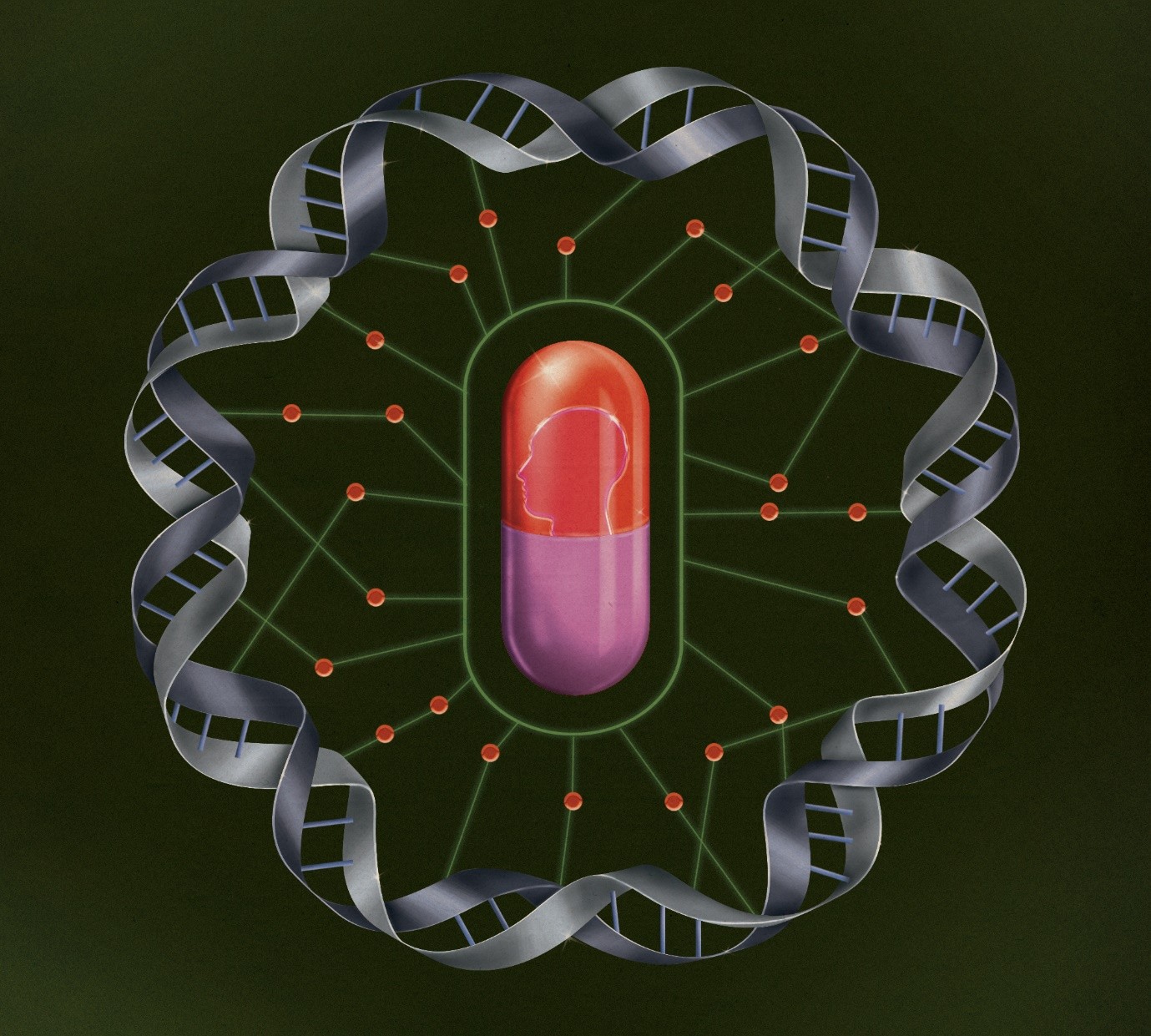
Hyper-personalized medicine is an advanced healthcare approach that tailors medical treatment and preventive strategies to individual patients based on their unique biological, genetic, environmental, and lifestyle factors. It goes beyond traditional medical practices by utilizing cutting-edge technologies like genomics, proteomics, metabolomics, and bioinformatics to offer treatments that are highly specific to the molecular and cellular characteristics of each patient. This approach is revolutionizing healthcare by improving outcomes, reducing side effects, and enabling preventive measures based on predictive insights.
The demand for hyper-personalized medicine is rapidly expanding. For instance, according to the Personalized Medicine Coalition (PMC), With the approval of 17 new personalized medicines in 2021, personalized medicines, account for more than a quarter of the new drugs the agency has approved in, the past seven years. This figure represents a sharp recent increase. Just a decade ago, personalized medicines accounted for less than 10 percent of the new therapies approved each year. This market is set to transform healthcare delivery by integrating advanced technologies with precise, patient-centered care models, ensuring better outcomes and efficiency.
Contents
- Key Takeaways on Hyper Personalized Medicine
- Role of Hyper Personalized Medicine
- Future of Hyper Personalized Medicine
- Conclusion
Key Takeaways on Hyper-Personalized Medicine
- Enhanced Patient Engagement: By leveraging comprehensive patient information, hyper-personalization fosters greater engagement in healthcare.
- Informed Decision-Making: Hyper-personalized medicine enhances informed decision-making by providing patients with clear information about their treatment options, potential risks, and lifestyle modifications tailored to their unique circumstances.
- Building Trust in Patient-Provider Relationships: Effective communication that reflects an understanding of individual patient needs helps build trust between patients and healthcare providers.
- Real-Time Monitoring and Feedback: The integration of wearable technology allows for continuous monitoring of patient health, enabling timely interventions when necessary. Real-time data collection provides healthcare providers with valuable feedback on treatment effectiveness, allowing for adjustments to care plans as needed.
- Advancements in Genetic Medicine: Hyper-personalized medicine is particularly impactful in treating genetic disorders through innovations like gene editing and replacement therapies. These advancements aim to address specific genetic mutations, offering hope for patients with rare diseases by stabilizing their conditions and alleviating symptoms.
Role of Hyper-Personalized Medicine
- Data Integration: By utilizing comprehensive data from genetic profiles, lifestyle factors, and health histories, hyper-personalized medicine allows healthcare providers to deliver more effective and individualized therapies. This integration enhances treatment efficacy and improves overall patient experiences.
- Patient-Centric Approach: The model fosters a patient-centric approach, ensuring that care is specifically designed to meet the unique needs of each individual. This focus on personalization leads to better health outcomes and increased patient satisfaction.
Future of Hyper-Personalized Medicine
- Technological Advancements: Key innovations such as the integration of electronic health records (EHRs) with genetic data will enable more precise patient management. Emerging technologies like CRISPR gene editing and wearable health devices will further enhance the personalization of care by facilitating real-time health monitoring.
- 3D Printing Potential: The future may also see the application of 3D printing in drug development, allowing for the creation of medications tailored to individual patients’ needs. This could revolutionize treatment delivery by providing bespoke solutions that optimize therapeutic outcomes.
Conclusion
Hyper-personalized medicine represents a transformative shift in healthcare delivery, emphasizing tailored interventions that consider each patient's unique characteristics. This approach leverages advanced technologies and comprehensive data analysis to improve health outcomes. As hyper-personalized medicine continues to evolve, it holds the potential to make personalized care more accessible to a broader population while effectively addressing complex health challenges.
Hyper-personalized medicine is set to reshape the healthcare landscape by focusing on individual patient needs through advanced data integration and technological innovations, paving the way for more effective and personalized treatment strategies.
Hyper-personalized medicine signifies a substantial evolution in healthcare delivery, emphasizing tailored interventions that consider each patient's unique characteristics. By enhancing patient engagement, improving decision-making processes, and leveraging real-time data for proactive care, this approach aims to transform health outcomes and patient experiences across the medical landscape.